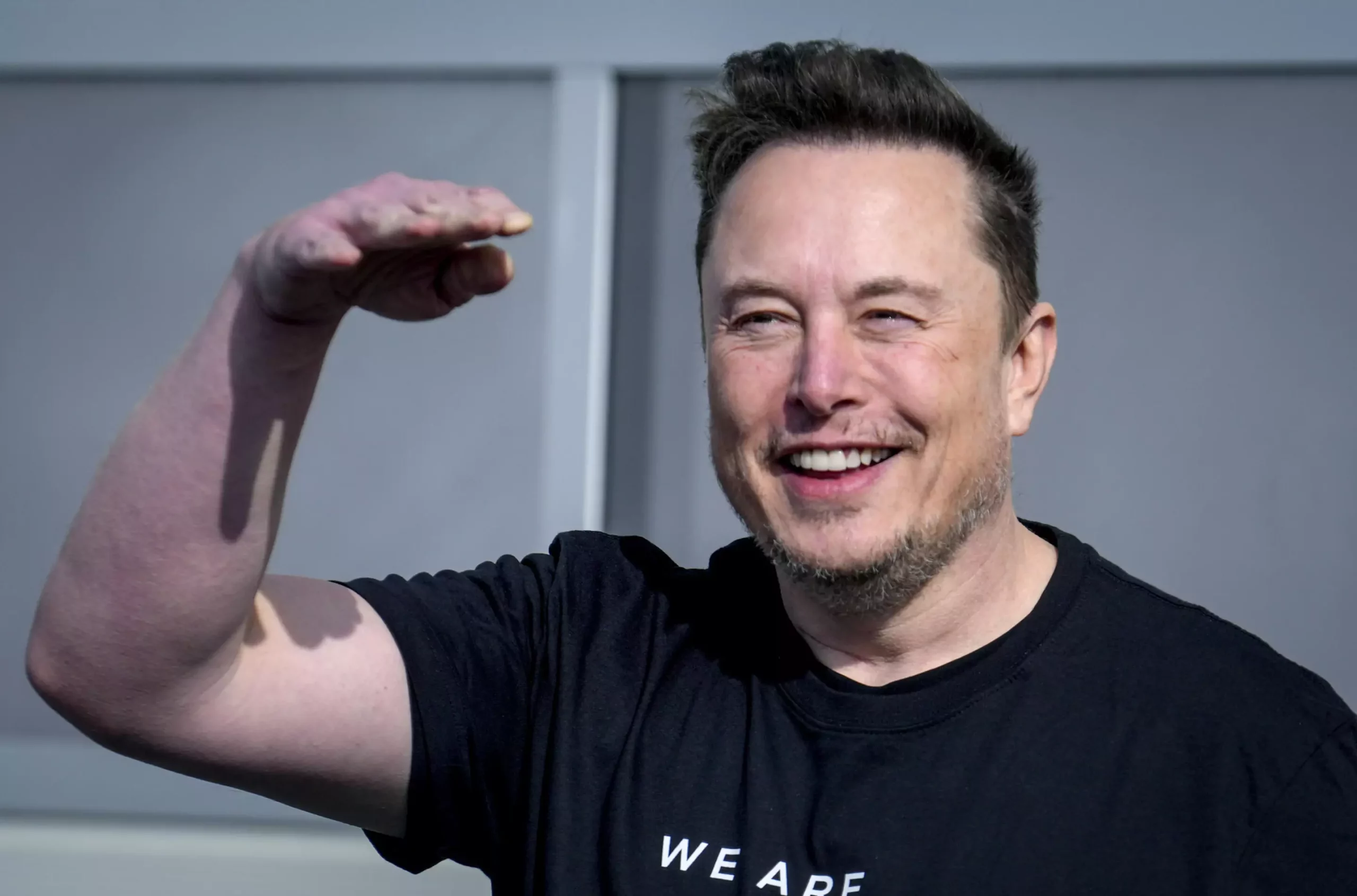Elon Musk, the CEO of Tesla, has recently garnered attention for his unprecedented compensation package, which was approved by shareholders. The 10-year pay plan, valued at $44.9 billion, is a staggering amount that reflects Musk’s significant contributions to the company’s success. Despite facing setbacks earlier in the year due to a court ruling that invalidated the package, Musk’s compensation was ultimately reinstated with overwhelming support from shareholders. This decision has sparked debates about the fairness and sustainability of such exorbitant CEO pay packages.
The disparity in CEO compensation becomes even more apparent when comparing Musk’s package to that of other chief executives. While the median pay for an S&P 500 CEO in the U.S. was $16.3 million last year, Musk’s earnings would still be 275 times greater if calculated over a decade. This discrepancy highlights the immense wealth that Musk stands to gain through his compensation package, far exceeding what is typically granted to other CEOs. Even the highest-paid CEOs in the AP’s survey, such as Hock Tan of Broadcom Inc., pale in comparison to Musk’s potential earnings of 304 million shares worth almost $45 billion.
The approval of Musk’s compensation package has raised concerns about the ethics and transparency of executive pay practices. Critics argue that such exorbitant payouts perpetuate income inequality and fail to align executive compensation with company performance. The court ruling earlier in the year, which deemed the approval process for Musk’s package “deeply flawed,” underscored the need for greater oversight and accountability regarding CEO pay. As Tesla prepares to defend its decision in court, the outcome of this legal battle will have far-reaching implications for corporate governance and executive compensation practices.
While Musk’s compensation package commands attention for its astronomical value, it also sheds light on the disparities within Tesla’s workforce. The stark contrast between Musk’s potential earnings and the median annual pay of a non-CEO employee at Tesla, which was $45,811 last year, underscores the challenges of income inequality within the company. As Tesla continues to navigate the complexities of executive compensation and corporate governance, it must also address the broader implications of wealth disparity among its employees.
The case of Elon Musk’s record-setting compensation package serves as a microcosm of the broader debates surrounding CEO pay practices in corporate America. As shareholders, regulators, and the public scrutinize the fairness and transparency of executive compensation, companies are under increasing pressure to align CEO pay with sustainable, long-term performance goals. The outcome of Tesla’s legal battle over Musk’s compensation will likely set a precedent for how companies navigate the delicate balance between rewarding top executives and fostering equitable compensation practices for all employees.
Elon Musk’s monumental compensation package highlights the complexities and controversies surrounding CEO pay in today’s corporate landscape. As stakeholders continue to grapple with the implications of such exorbitant payouts, the need for greater transparency, accountability, and fairness in executive compensation practices becomes increasingly urgent. Ultimately, the case of Musk’s compensation serves as a sobering reminder of the challenges and opportunities inherent in reimagining the future of CEO pay in a rapidly evolving business environment.


Leave a Reply